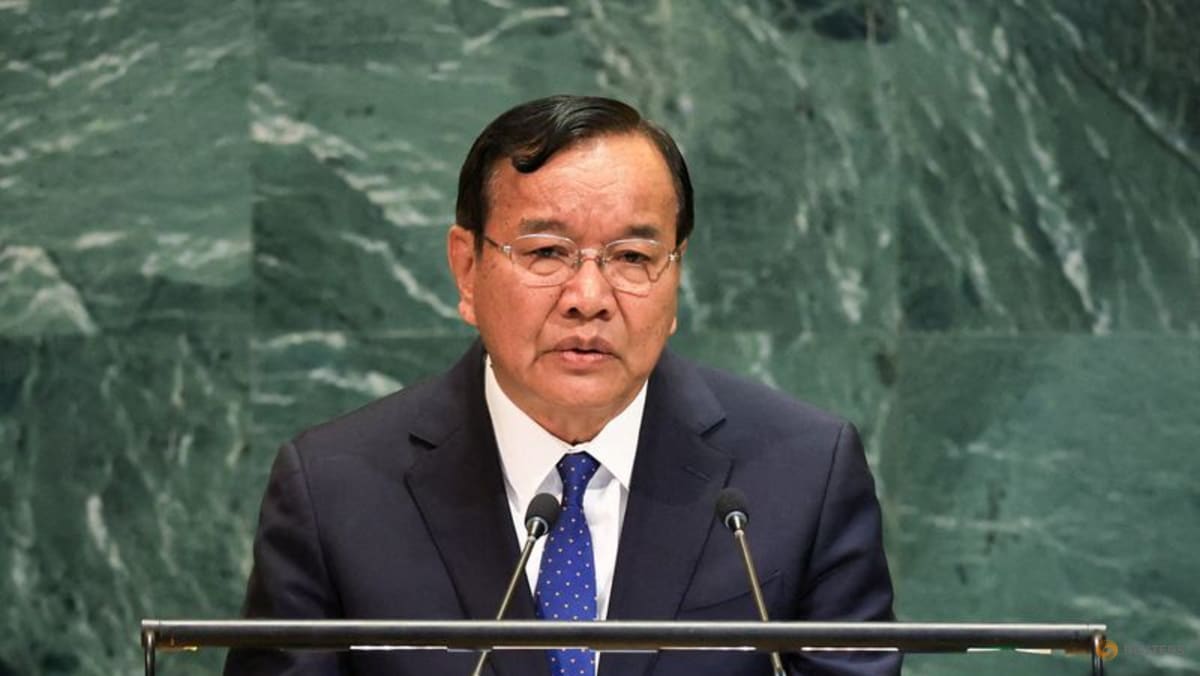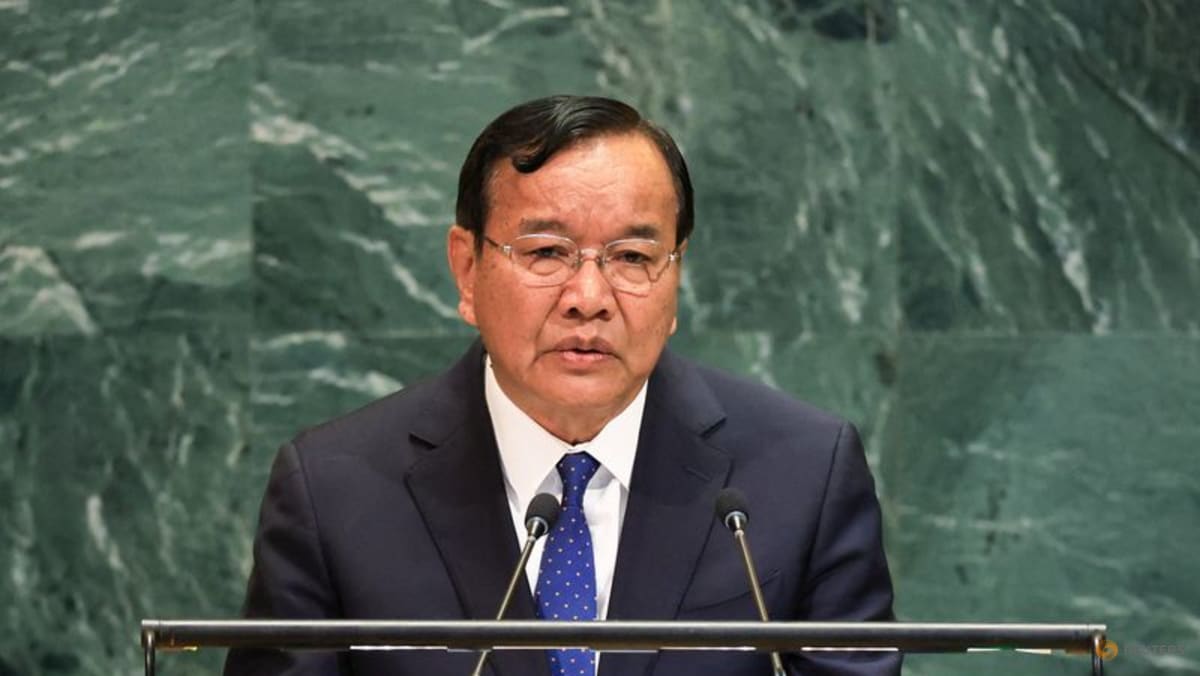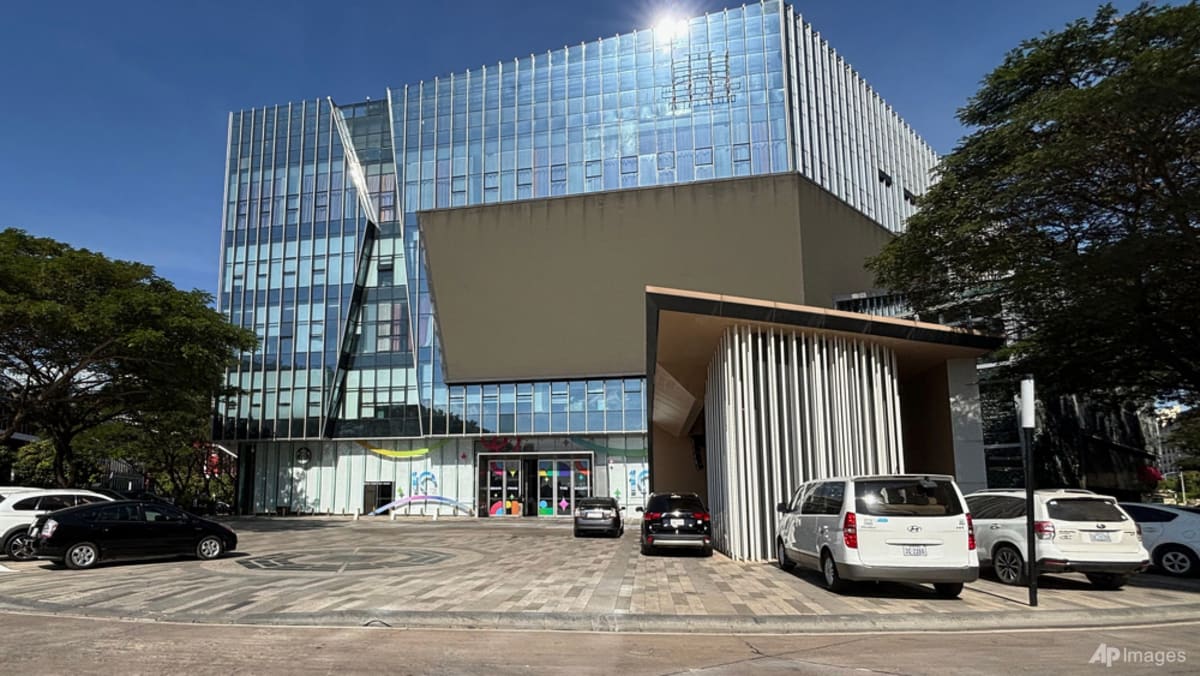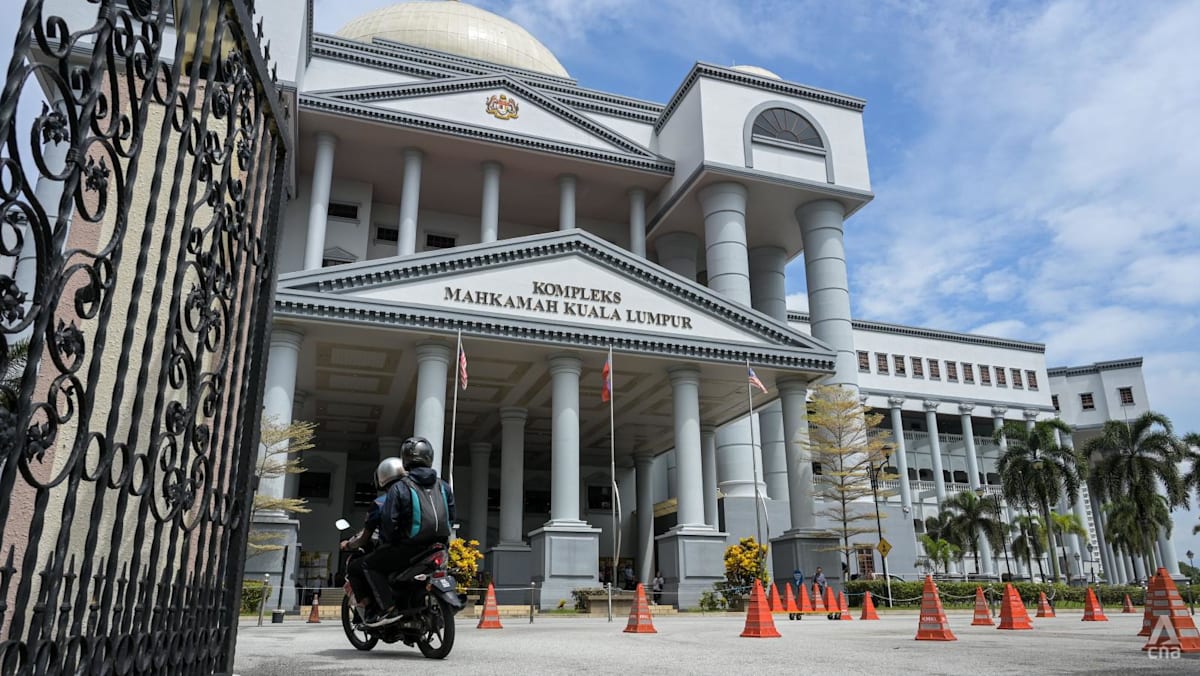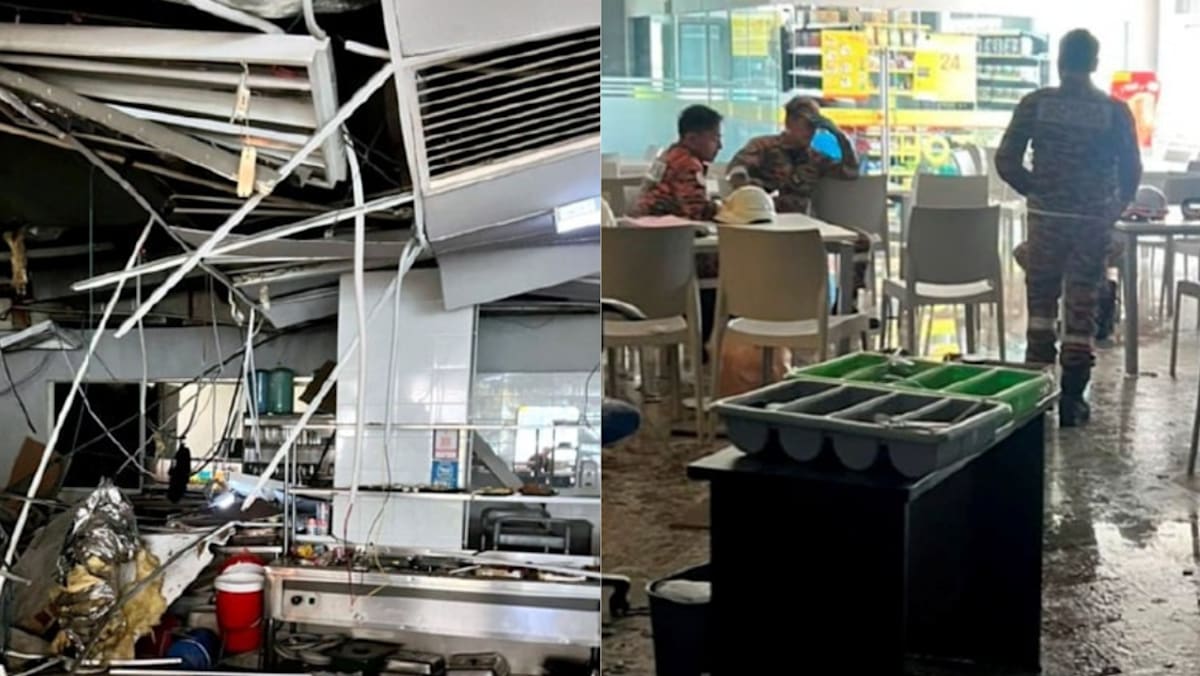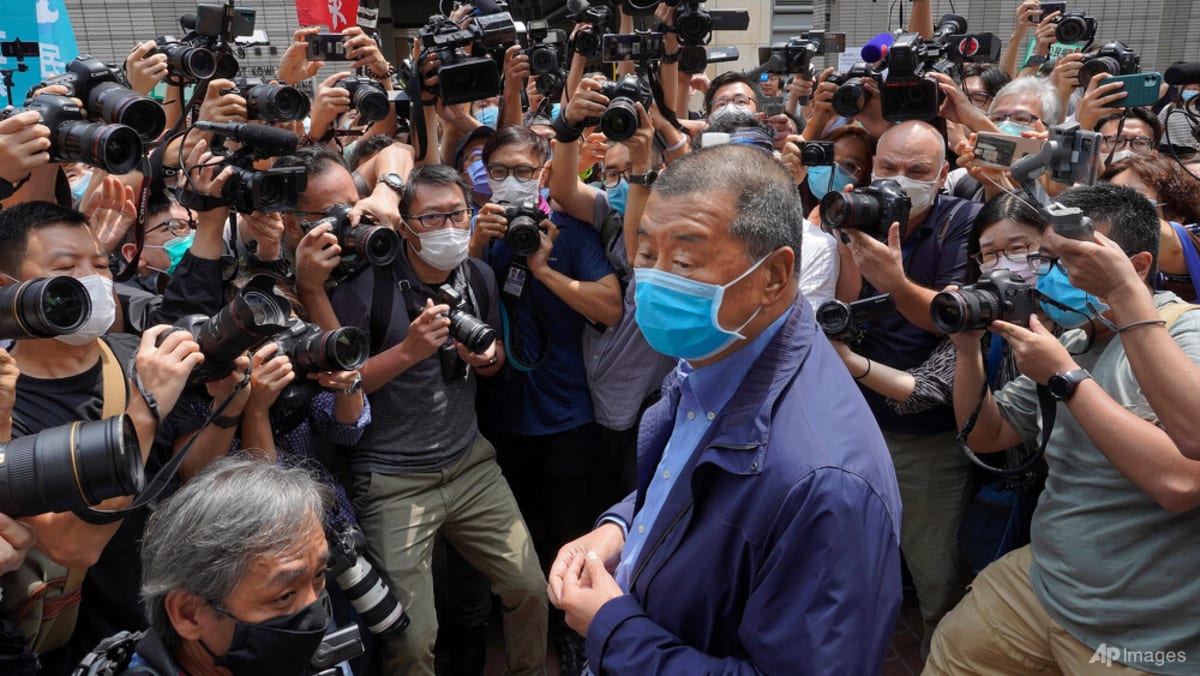China raises stakes in cyberscam crackdown in Myanmar, though loopholes remain
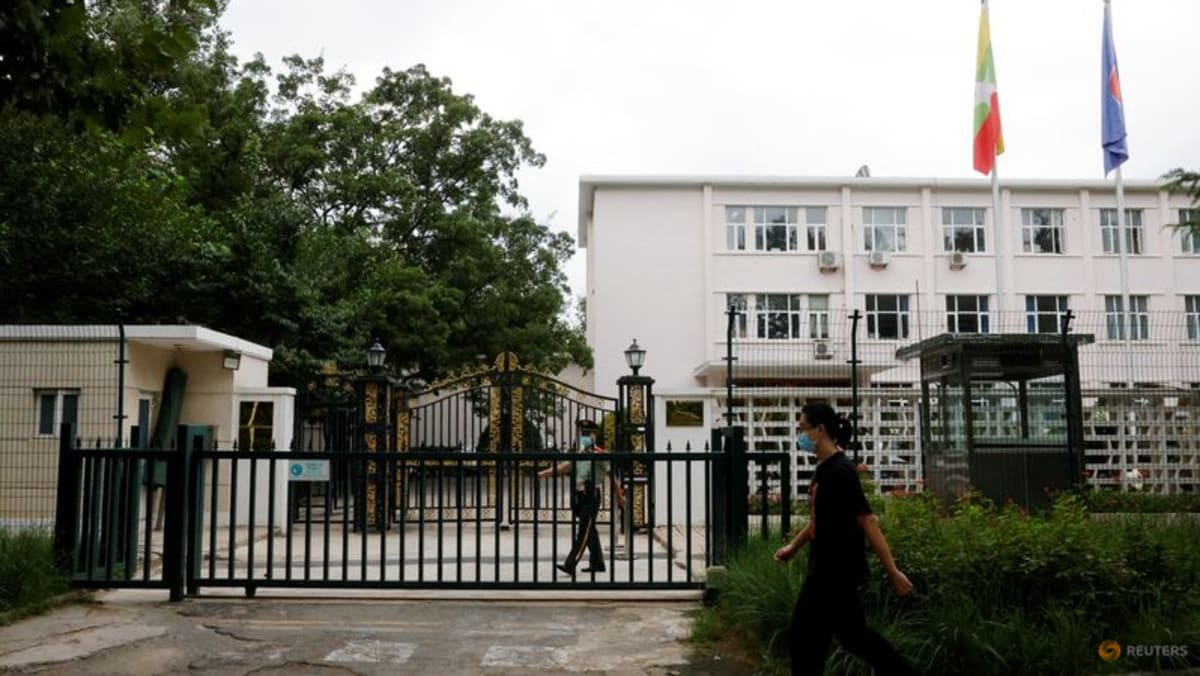
On Nov 18, China’s Ministry of Public Security announced that authorities in northern Myanmar had handed over about 31,000 suspects. Among them, police said, 63 were key players of scamming groups, the police said.
“China seems to be very focused and intent on cleaning its border,” said Jason Tower, an expert on Myanmar’s cyberscam industry at the US Congress-backed think tank United States Institute of Peace said.
Among those arrested are a few related to some of the most powerful people in two special administrative zones close to China’s border with military-ruled Myanmar.
The Kokang Self-Administered Zone and the Wa Self-Administered Division both share a border with China and are heavily influenced by their bigger neighbour.
The people living in both places share language and culture with China. Those living in Kokang are ethnically Chinese. Wa senior politicians, who have their own Communist Party, have ties to China’s Communist Party dating back decades and run their government along lines similar to Chinese party committees.
In mid-November, the Chinese police announced they had issued warrants for four people, all surnamed Ming, on suspicion of cyberscams, murder and illegal detention. The family is one of the most powerful in Kokang, with members in the government and local police, and are said to have Chinese passports. A few days later, the state broadcaster CCTV showed footage of police taking three of the four suspects across the border in southwestern Yunnan province.
CCTV reported that Ming Xuechang, a family patriarch and one of the alleged leaders of a scam syndicate, committed suicide when local authorities tried to arrest him on Nov 15. Myanmar’s military government issued a statement saying that Ming had shot himself during the arrest.
The renewed effort to stamp out the scam rings followed a violent shootout Oct 20 in Kokang in a compound belonging to the Ming family, according to local media. The former editor-in-chief of the Chinese state-backed news outlet Global Times, Hu Xijin, appeared to confirm that undercover police were killed in the incident,
“China is determined to eradicate the poisonous cancer of cyber scams in northern Myanmar … and this ultimately led to the demise of the Ming family, who are said to have killed four of our undercover military police,” Hu wrote in a recent Weibo post.
The Ministry of Public Security did not respond to a faxed request for comment.
The Ming family are not the only powerful Kokang families caught up in the drive.
A few days before the Chinese issued their arrest warrants for the Mings, Wei Qingtao, a member of another powerful Kokang family, was seen in a video circulated on Chinese social media, which is customarily censored, urging his relatives to let people forced into scamming rings go.
“This time the Chinese government has made its resolution, without clearing away the cyberscams, they’ll never withdraw their police,” Wei said.
Two other men appeared in similar videos. One, Liu Zhengqi, was the CEO of Fully Light Group, the biggest conglomerate in the Kokang zone. Another, Bi Huijun, is a son-in-law of Ming Xuechang.
Source: CNA


